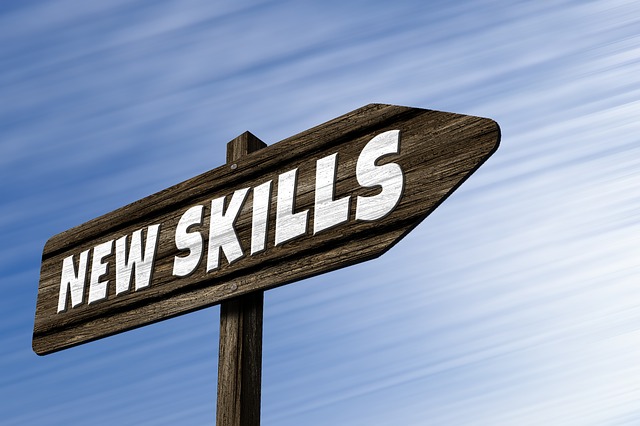In part one of this blog post I covered the mental aspects of music making and how it applies to practice. In this second part, I’ll be focussing on how having the right set of mental skills helps you in the actual performance of music.
Performance
Breathing
If you’re feeling tense on stage, one of the simplest and best ways to combat it is to use slow breathing. Concentrate on breathing slowly while you play whatever you’ve got to play. It will make everything a lot calmer. Try this even before you go on stage and continue throughout the performance as much as you can.
Relaxation
Notice the tightness in your jaw, your shoulders or wherever else you have tension. Biting lips is another common sign of tension. If you’re aware of the tension, continue to breathe and relax, you’ll be through the performance before you know it. Distracting the mind is a great way to perform well. Relaxation is a great thing to distract the mind with as it serves a useful purpose in itself.
Permission to fail
This biggest problem in performance is worry. Worrying about what people are going to think. Worrying about whether you’ve practised enough and so on.
When you stop worrying about making mistakes in performance you’ll stop making mistakes. See part I of this blog post under ‘Trying Fails’. How do you stop worrying? Focus on something else like relaxation or breathing (see above). As soon as you accept that if you do make a mistake, nothing really bad is going to happen . No one is going to die for example. Keep in mind that 99% of the audience aren’t going to notice as long as you don’t stop. Allow yourself to make mistakes in performance and you’re much less likely to make them.

Not Stopping
If you don’t stop, 99% of the audience aren’t going to know that you made a mistake. Other giveaways to the audience are pulling faces and swearing loudly. Don’t do any of those and the audience just won’t know, I promise.
No audience wants you to fail
Nobody comes to a gig to see you fail. So remember, the audience is there to support you, to have a good time and to see you play at your best. Also, remember that the most critical listener in the room will be you. The audience won’t perceive any of the faults that you see in your performance. As long as you remember to enjoy yourself they will too!
Enjoy Yourself
Everyone wants to see you have fun on stage. As long as you do that, the audience will enjoy the experience. It’s always great to see a group of musicians onstage enjoying playing the music that they love. Remember how much you’ve enjoyed seeing that onstage yourself and emulate it.
Listening 3rd person
We all play music because we like listening to it. The best way to enjoy a performance if you’re the performer is to listen to it like you’re in the audience. Listening like this also helps us ‘step away’ from the performance and listen more externally.
Remove Ego
If you get up on stage thinking that your social status or what people think of you is dependent on how you perform, then you’re not going to have a good time. You’re also probably not going to perform at your best. Find someone or something to perform for who’s not present or can’t judge you. For example, perform for the songwriter, the song itself. You’ll give a more generous, non-judgemental performance yourself when you’re not worrying about your ego. When you remove ego from the performance, everything will become much easier.

Mental Skills
Remember that these are all skills. They’re not inherent personality traits. They’re things that you’ll need to practice. Jam nights can be a great way to work on these skills in a supportive environment.
This wraps up the two-part blog ‘Music With Your Mind’. If you’ve got any questions, feel free to post them on our Facebook page, twitter feed or in the comments section of our blog.
Andrew Farnham is the director of IMA Music Mentoring where he leads the Guitar Lessons team.
Book an introductory music lesson and start following your musical dreams.
 II)"/>
II)"/>